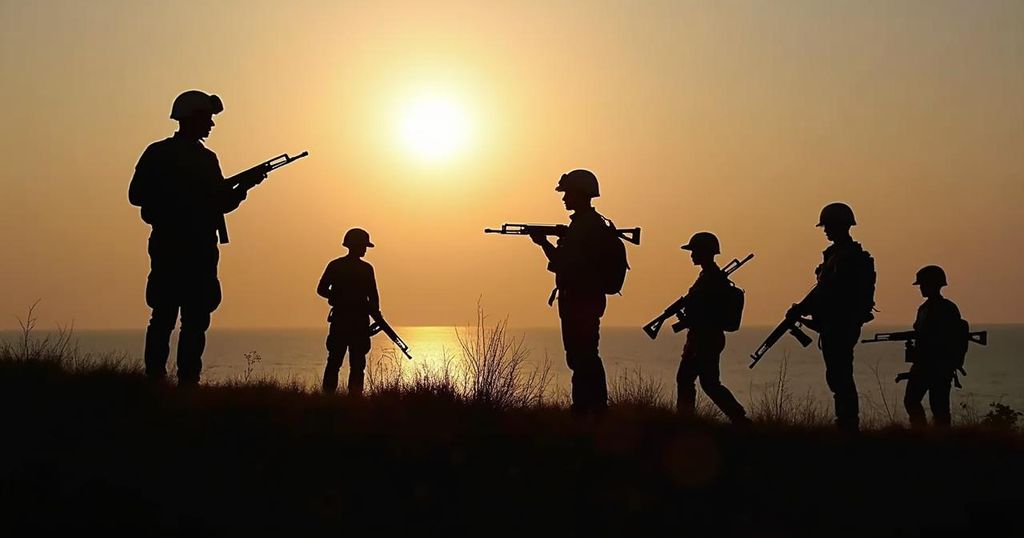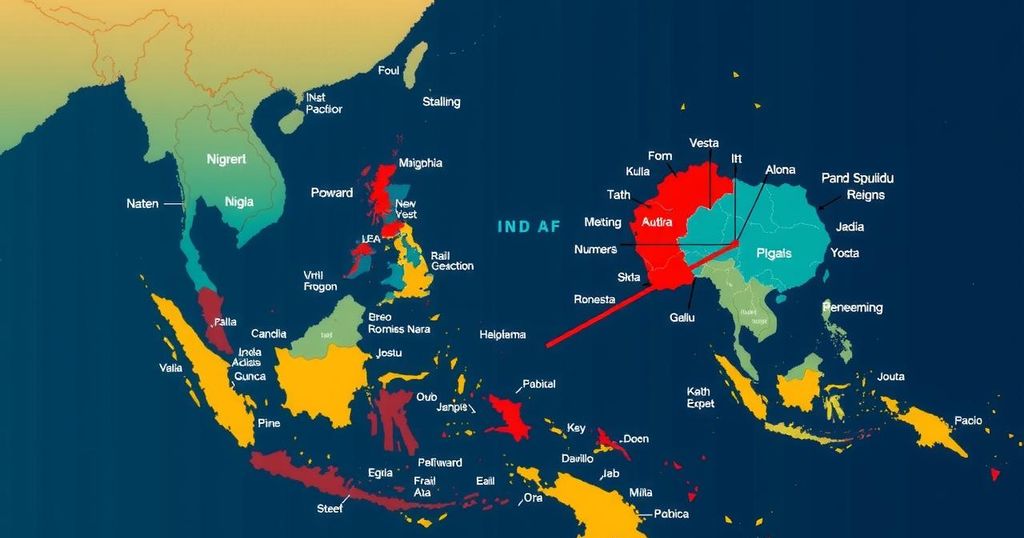U.S. Withdraws Push for UN Peacekeeping Mission in Haiti Amid China and Russia Opposition
The U.S. has abandoned its efforts to convert the Kenya-led mission in Haiti into a UN peacekeeping operation due to opposition from China and Russia. Instead, it seeks a one-year extension of the current mandate, facing financial constraints and limited deployment of foreign security personnel as it votes at the UN Security Council.
The Biden administration has decided to abandon its efforts to transform the Kenya-led security mission in Haiti into a formal United Nations peacekeeping operation, at least for the time being. The latest draft resolution has omitted any proposals for such a transition after the United States and Ecuador encountered resistance from China and Russia. Instead, the U.S. and Ecuador will pursue a one-year renewal of the Multinational Security Support mission, which is slated for a vote at the United Nations Security Council on Monday. If approved, this mandate extension would last until October 2025. Discussions that commenced earlier this month revealed consistent opposition from both Russia and China toward requests for the Security Council to initiate plans for transforming the mission into a U.N. peacekeeping operation. The revised draft, as reported by the Miami Herald, omits any requests for transitioning the mission but advocates for extending its mandate by one year. Moreover, it encourages the mission to enhance its deployment of police officers and urges the international community to increase voluntary contributions. A significant challenge facing the mission has been financial support, which has impeded the deployment of approximately 2,500 security personnel and hindered its capacity to assist the Haiti National Police in their struggle against gang violence. Nearly four months after the initial contingent of Kenyan police officers arrived, just over 400 foreign security personnel remain in Haiti, complemented by a small number of Jamaican soldiers. The Biden administration sought a peacekeeping framework as a remedy to the financial woes plaguing the mission, since it would assure funding for these critical operations. However, throughout the negotiations, Russia and China remained steadfast in their opposition. The two nations, both permanent members of the Security Council with veto authority, contended that the situation in Haiti is not conducive for a formal peacekeeping initiative and argued that the current mission should first reach its full operational strength. Support for the transition has always been tentative, given both countries’ prior opposition to U.N. interventions in Haiti, which they have used as grounds to critique U.S. policies in the region. Additionally, while China ranks as the second-largest financial contributor to the U.N., it has not demonstrated a willingness to finance various international initiatives. Russia has shown a consistent disinterest in assisting the U.S. with global challenges, Haiti included. The United States remains the principal financial backer of the multinational security mission, contributing over $300 million. It continues to grapple with the challenge of securing contributions from other nations for a proposed U.N. trust fund intended to finance these operations, particularly as Kenya estimates the operational costs at $600 million annually. Should the current draft resolution receive approval, Russia and China will have the opportunity to express their support for Haiti through the extension of the Kenya-led mission, whilst simultaneously withholding assistance from the United States, which may again find itself bearing the majority of the financial responsibility for the next year.
The situation in Haiti has drawn international attention as the country faces escalating violence and instability. A multinational security effort, led by Kenya and supported primarily by the United States, aims to restore order and support local police in combating armed gangs. The potential transition from this multinational security support mission to a formal U.N. peacekeeping operation was intended to ensure more stable funding and resources, but political dynamics within the U.N. Security Council, particularly opposition from China and Russia, complicated these efforts. This situation highlights ongoing geopolitical tensions and varying priorities among member states regarding their contributions and strategies for addressing international crises.
In summary, the Biden administration’s decision to retract its proposal for a U.N. peacekeeping operation in Haiti reflects the complex political landscape shaped by the opposition of China and Russia. The U.S. and Ecuador will instead pursue a one-year extension of the current mission’s mandate, which may perpetuate financial strains on the United States and hinder the effectiveness of international efforts in Haiti amid increasing gang violence and instability.
Original Source: www.miamiherald.com








Post Comment